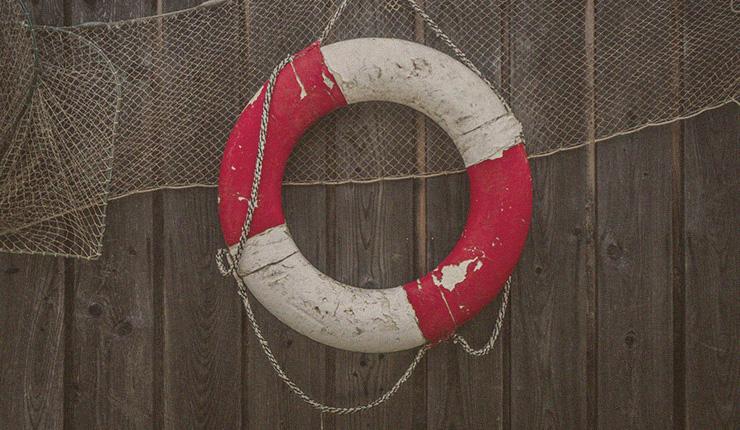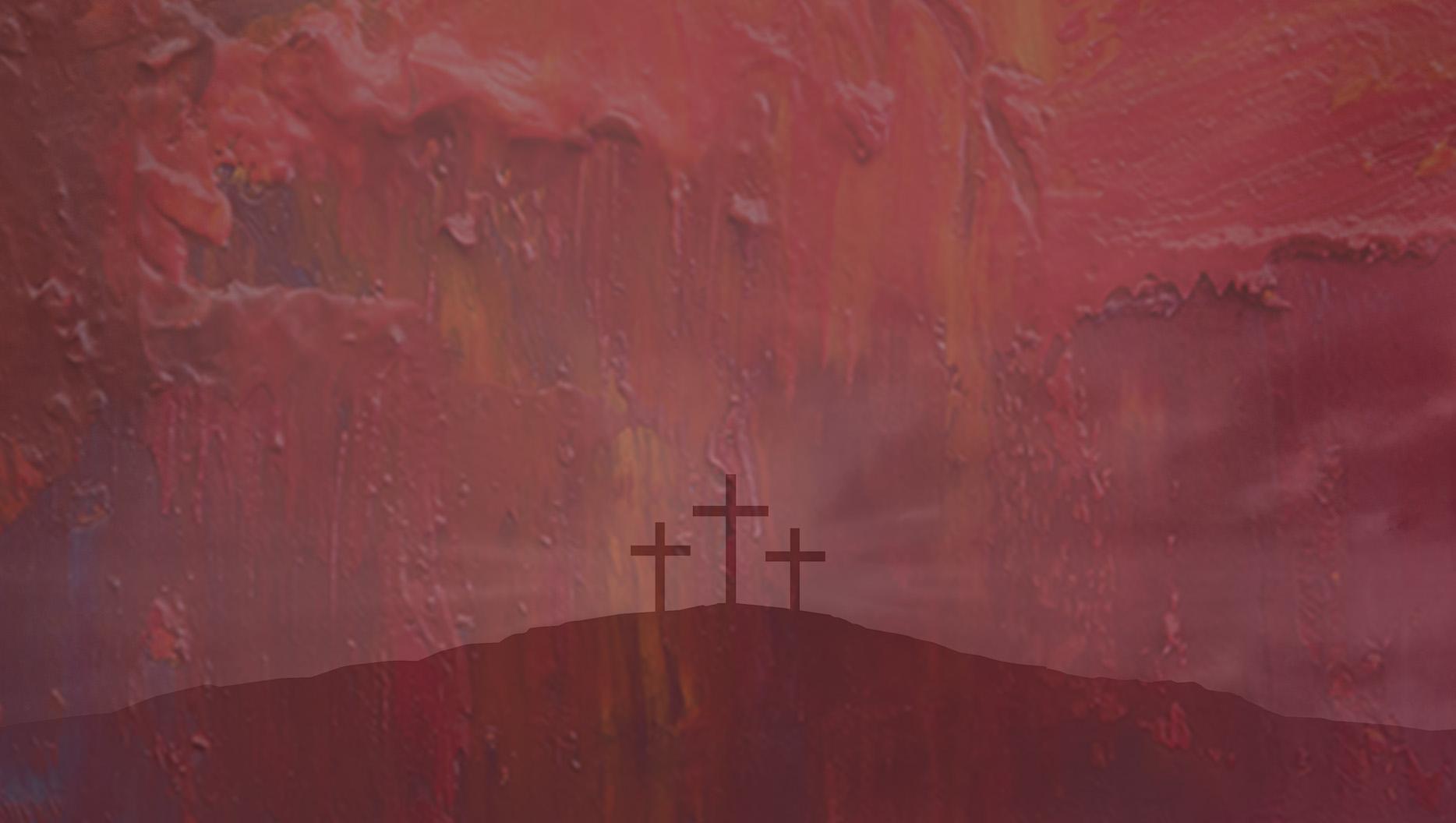Last summer I saw a lifeguard rescue someone from the ocean. The lifeguards had posted signs, as is customary, informing swimmers of that day’s rip current risk level. On this day, the risk was moderate, so there was reason to be cautious. The lifeguards had put cones in the sand permitting people to swim only between the cones, presumably so they could keep a close watch over everyone.
I was sitting close to the lifeguard station, so I saw the scene play out. I first noticed the two lifeguards watching a middle-aged man who was on the edge of the area swimmers were supposed to stay within. He looked to be enjoying himself but was soon swimming beyond the designated area. One lifeguard blew his whistle at the man, and when they got his attention, they both gestured for him to swim back within the cone area. The man didn’t follow this direction. The lifeguards kept their eyes on him. The waves were big, and he continued to swim. He was moving farther away from shore and farther outside the posted area. The whistle sounded again. The gestures were made again. But there was no movement in the right direction. All of a sudden, the swimmer looked like he was no longer leisurely swimming; his arms started to flail. The female lifeguard grabbed her rescue buoy. They watched him struggle for a few seconds, his movements decreasing as he endured the pounding of the next wave. It became clear: he needed help. “Go!” the male lifeguard said to his coworker. She ran into the water—and brought this man safely back to shore.
Though it all ended well, it was frightening to witness. As is helpful and necessary after an unsettling event, I continued to process what I had seen in the days that followed. This young lifeguard—she couldn’t have been older than twenty—headed into danger in order to rescue someone out of it. This moved me. On that day, she courageously embodied her title: she guarded life—an actual life! I had a new appreciation for the job, and couldn’t stop thinking about the title: lifeguard. Life guard.
Though I thought a lot about lifeguards, I found myself relating to that swimmer. There had been signs on display. He had been warned: the rip currents were stronger that day. The cones were put in place for his safekeeping. The whistle was blown at him more than once—an individualized rebuke. None of it was heeded. And then his life was in trouble. And then he needed to be rescued. He needed a life guard.
It was my story. It was the story of God’s people. We had drifted. We were out of bounds. Warnings, laws, prophets—all provided for the Israelites’ safekeeping. None of it was heeded. Our lives were in trouble and we needed to be rescued. We needed help from a life guard.
I lift up my eyes to the hills.
From where does my help come?
My help comes from the Lord,
who made heaven and earth.He will not let your foot be moved;
he who keeps you will not slumber.
Behold, he who keeps Israel
will neither slumber nor sleep.The Lord is your keeper. (Ps 121:1–5)
Our English translation of “keep” and “keeper” in verses 4 and 5 is slightly anemic. The Hebrew word, samar, means to guard and to protect, so these verses could read:
He who guards Israel will neither slumber nor sleep. The Lord is your guard.
He who protects Israel will neither slumber nor sleep. The Lord is your protector.
Where does our help come from? Our help comes from the Lord—the Lord who guards life. Our help comes from the Lord who protects our lives. Our protector does not sleep, so he is always alert to the times when we need help. Like the lifeguard who grabs the buoy, poised to run into the water, so the Lord stands ready to run to the rescue of his children.
The Lord stands ready to run to the rescue of his children.
Where are the places that you need help? Has a relationship of yours gone cold? Perhaps you have procrastinated on a project or have delayed seeking someone’s forgiveness out of fear. Where are the places you are in trouble? When there are areas in our life where we know we have not chosen well, often our internal objections to receiving help ramp up. We are so aware of why we don’t deserve help. We feel ashamed for how we have drifted. We are embarrassed for how we have gone outside the bounds. How could we expect a rescue? Aware of our unworthiness, it would seem almost too good to be true that we’d be rescued. But often with the Christian faith, when we’re hovering around an idea that seems too good to be true, then we’re actually getting close to the greatest truths in the world. We’re getting close to seeing God’s glorious grace.
How can you expect a rescue? Because in his grace, the Father cast the Son out to sea. And the Son wasn’t rescued. He ran toward danger so we could be rescued out of it. He guarded your life by giving up his own. This sacrifice was made on behalf of all of those who have gone out of bounds, for anyone who didn’t heed the warnings. And because the sacrifice was made, we receive a guarantee that grace will meet us when we need help. So ask for help. Lift your eyes to him, because you know where your help comes from. The God who guards your life is coming for you. It is his grace to you. It sounds too good to be true—so know it is truer than true. It is the truest truth. It is the good news of the gospel of Jesus Christ.




